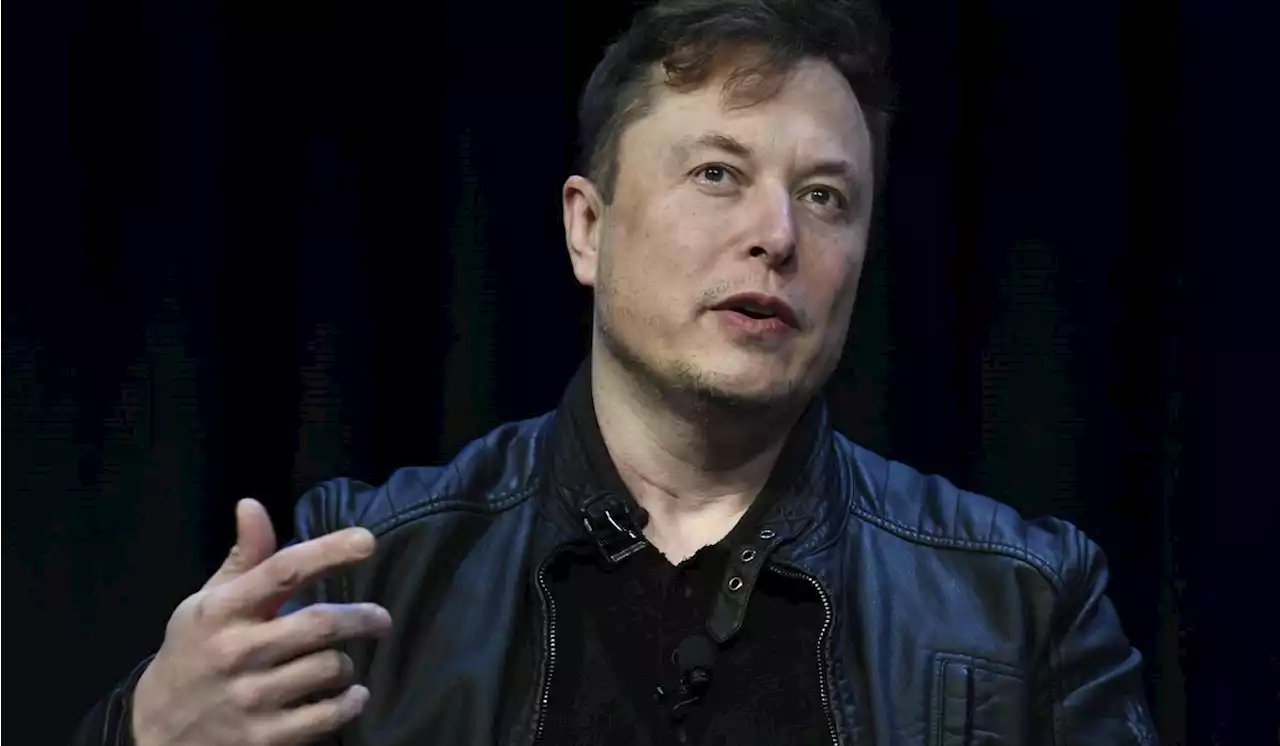SpaceX founder Elon Musk’s refusal to allow Ukraine to use Starlink internet services to launch a surprise attack on Russian forces in Crimea last September has raised questions as to whether the U.S. military needs to be more explicit in future contracts that services or products it purchases could be used in war, Air Force Secretary Frank Kendall said Monday.
Excerpts of a new biography of Musk published by The Washington Post last week revealed that the Ukrainians in September 2022 had asked for the Starlink support to attack Russian naval vessels based at the Crimean port of Sevastopol. Musk had refused due to concerns that Russia would launch a nuclear attack in response. Russia seized Crimea from Ukraine in 2014 and claims it as its territory.
But the Pentagon is reliant on SpaceX for far more than the Ukraine response, and the uncertainty that Musk or any other commercial vendor could refuse to provide services in a future conflict has led space systems military planners to reconsider what needs to be explicitly laid out in future agreements, Kendall said during a roundtable with reporters at the Air Force Association convention at National Harbor, Maryland, on Monday.
SpaceX also has the contract to help the Air Force’s Air Mobility Command develop a rocket ship that would quickly move military cargo into a conflict zone or disaster zone, which could alleviate the military’s reliance on slower aircraft or ships. While not specifying SpaceX, Gen. Mike Minihan, head of Air Mobility Command, said, “American industry has to be clear-eyed on the full spectrum of what it could be used for.
